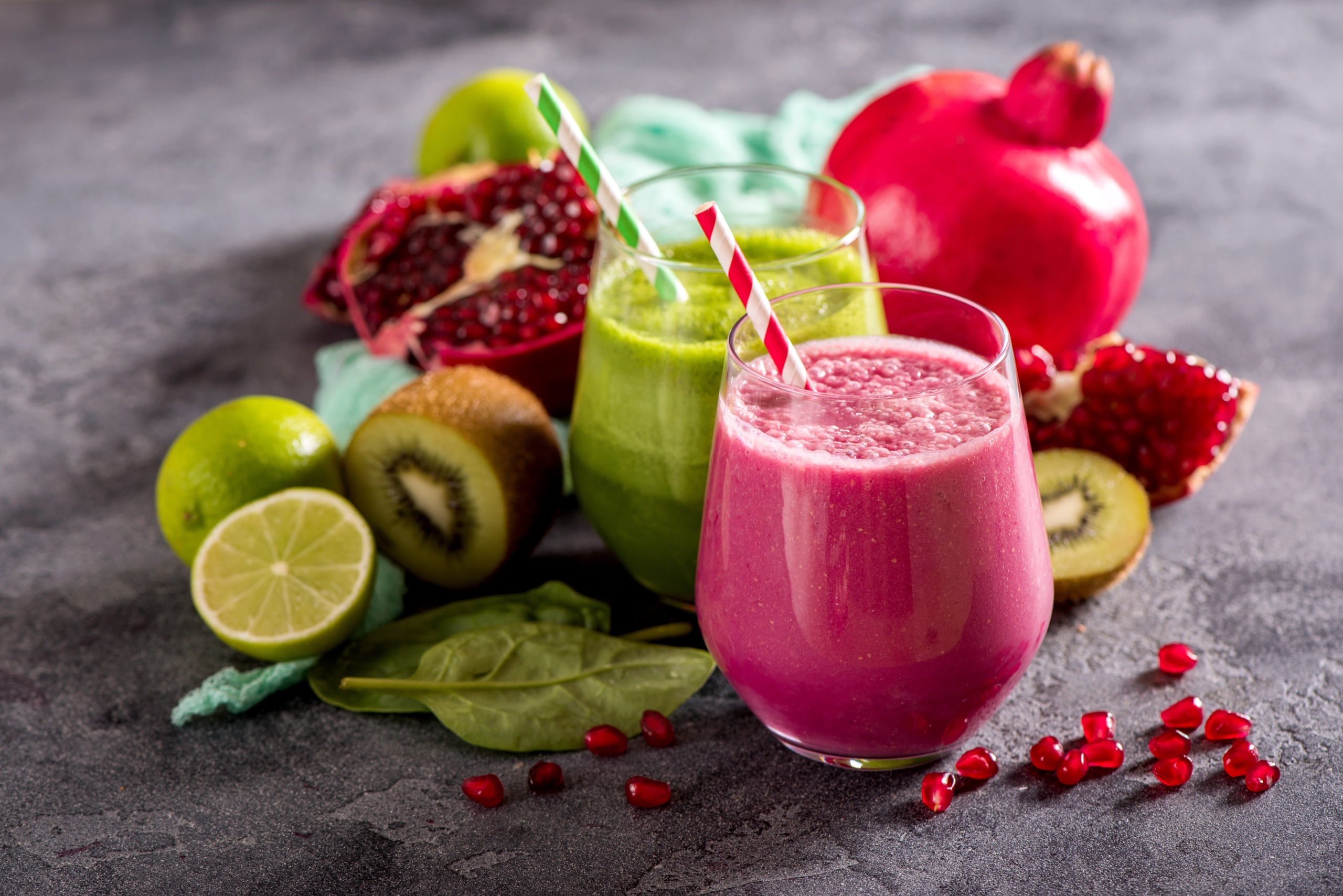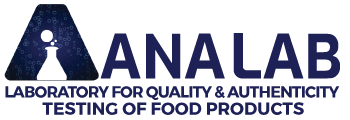FRUIT JUICE AUTHENTICITY TESTING
With the increasing number of consumers around the world following the trend of a healthier lifestyle, the demand for fruit juices has increased significantly. The majority of the population opts for natural juices and avoids carbonated drinks that show a high sugar content. Checking whether consumers are getting the quality product they are opting for, has become increasingly important.
Illegal practices used in the production of fruit juices include a wide range of techniques and are constantly growing. Some prevalent practices include adding sugar syrup or dry sugar to concentrate fruit juice, dipping fruit in sugar syrups, and dehydrating.

“Fruit Sipping” – dipping fruit in sugar syrups and dehydration
The most common way to counterfeit fruit juices is by dipping the fruit in sugar syrups. This is called “new osmotic drying technology” because osmosis is performed. Fruit, based on the difference in osmotic pressure, releases juice into sugar syrup. At the end of the process, “candied fruit” is obtained, which is called “osmotically dried fruit” and also “concentrated fruit juice”, which is actually a sugar syrup with aroma and fruit color.
Concentrating fruit juices
The problem with producing freshly squeezed natural fruit juice is dehydration. This is especially present in the production of fruit juice produced from citrus fruits. Concentration is used to combat the challenges of fruit spoilage during transport. These concentrates are diluted with water at the location of local packers and the reconstituted fruit juice is placed on the market presented as freshly squeezed fruit juice.
Add sugar to fruit juice
Adding sugar syrup or dry sugar to fruit juices to increase the percentage of dry matter in the process of concentrating fruit juices. In fact, the problem is much more significant. The evaporation process is accelerated by the addition of sugar at the concentration of fruit juice, which is associated with lower energy consumption and shortening of the concentration process. Such a concentrate is then difficult to detect as an illicit practice, whether it has added sugar or originates only from fruit.
In our laboratory, we can detect the presence of added sugar syrups and confirm illegal production, such as the addition of sugar syrups to fruit raw materials (concentrates). This practice is very difficult to detect and can negatively affect all further steps in the production of fruit juices. Producers may not know that foreign suppliers can deceive them and that instead of buying 100% fruit content, they can be deceived into buying counterfeit fruit concentrates. If additives are found in the final products, it would be very difficult to prove that they are not responsible for the fraud.
Fruit juice testing solution:
⦾ Detection of added water to fruit juice
⦾ Detection of added sugar based on C3 and / or C4
⦾ Generate product fingerprint






